Applied Zoology

Introduction
The department of Zoology started as a division offering M.Sc in Zoology in the year 1988. This developed into a full-fledged department in the year 1994. The founder-chairman of the department, Professor S.N.Hegde served the department till 1997, until he was elevated to the position of Vice-Chancellor, University of Mysore. The faculty of the department now has six members with expertise in areas of genetic toxicology, neurobiology, radiation biology, physiology, cytogenetics, cancer biology, fishery biology, molecular biology and biodiversity which are the areas of research of the department. The faculty have received fellowships from Commonwealth grants, NSERC/NCE, Canada and DAAD. Presently, there are 61 students pursuing their M.Sc and 50 Research Scholars working for their Ph.D. Justifying the name, subjects taught for the post graduate students include several applied aspects of zoology in keeping with the recent developments in animal sciences. Our students have performed well and are now placed in national laboratories in India and across the world in countries like Germany, Sweden, Singapore, Taiwan and USA. A special paper on Wildlife conservation and management was introduced in 1994 with special assistance from UGC. The department was supported by DST-FIST funds in 2005. Inducted into UGC-SAP during 2009, the department is now elevated to DRS level-II from 2015. We have received DSIR and Infrastructure funding from UGC along with RFSMS and BSR fellowships.
The research endeavours of the department have been funded by various agencies like DST, DBT, AICTE and BRNS. DST also has awarded for a young scientist in the department. The department is actively involved in research in the area of biodiversity and conservation and projects under this have been funded by McArthur foundation, New York Wildlife Society.
One of the special features of the department is the molluscan shell museum which houses a collection of shells of more than 2000 molluscan species from all over the world. This collection was donated by Dr. Mukunda Prabhu. It has been housed in museum with grants from UGC, New Delhi. The museum also has a collection of regional fauna.
To promote interaction among academicians and students the department has organised several seminars, symposia and workshops. Fruits of teaching and research should benefit the society. To inculcate this in students, the department has been arranging extension activities. Workshops and seminars on vermitechnology, local breeds of cattle have also been organised for public. The faculty of the department are involved in People Biodiversity Registry (PBR) and have thus contributed in recording the fauna of local villages. The department has organised molluscan shell and biodiversity exhibitions along with slide shows on wildlife conservation to create awareness among public on biodiversity and conservation.
The department is an active participant in establishing Centre for Application of Radioisotopes and Radiation Technology (CARRT). In collaboration with BRIT, here we have developed for the first time, indigenous RIA and IRMA kits for quantification of C-peptide and RIA kit for insulin which can be used for routine diagnosis of Diabetes Mellitus in clinical laboratories.
Mission
To enhance the quality of life through explorations in Animal Sciences







_2_0.png)

